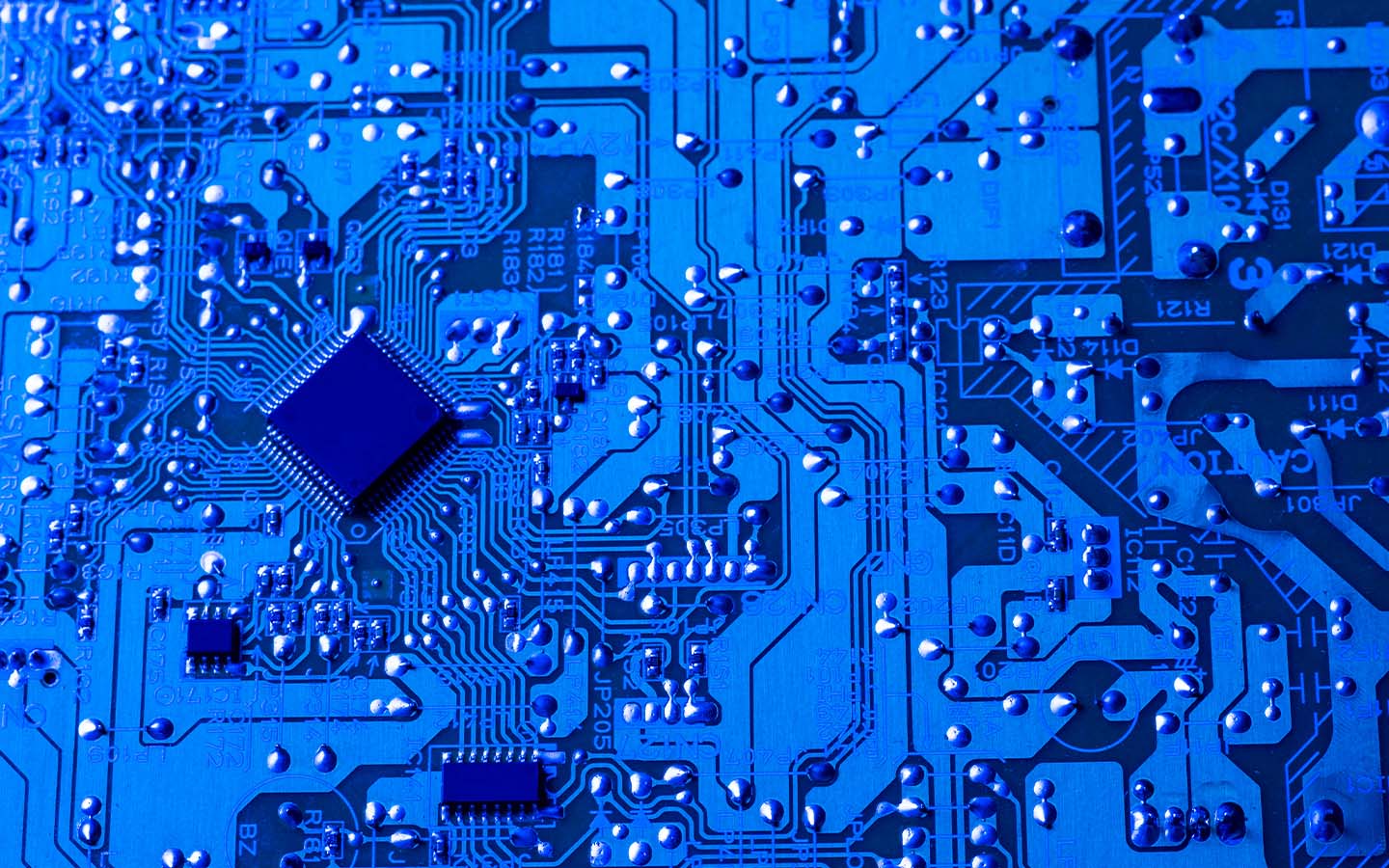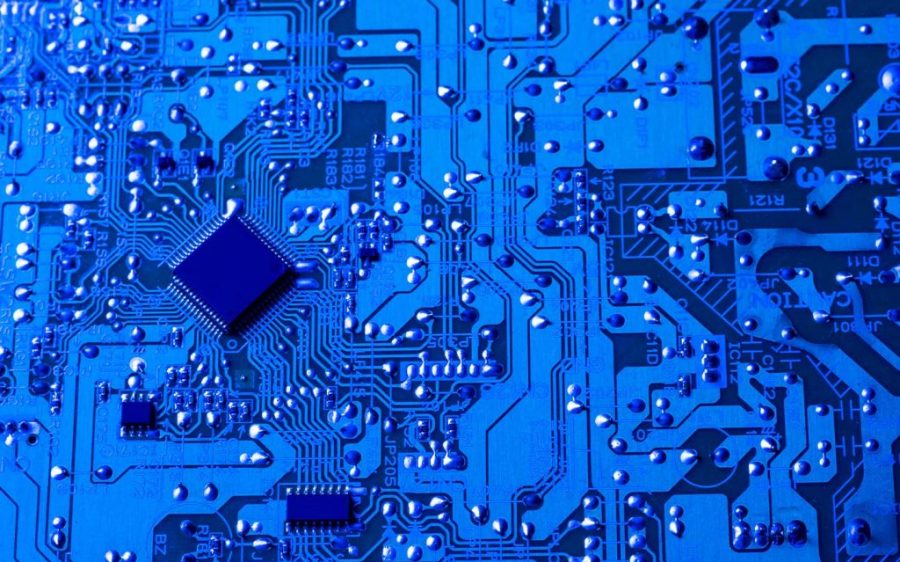A state-funded semiconductor lab in Wuhan has achieved a major milestone in the development of silicon photonics. The highly advanced technology is used to make better chips for data processing, particularly in the realm of artificial intelligence (AI), the South China Morning Post reports.
Silicon photonics rely on optical signals instead of electric signals for transmission. Last week, JFS Laboratory – a national base for photonics research – said it had successfully lit up a laser light source integrated with a silicon-based chip.
The lab – established in 2021 with 8.2 billion yuan (US$1.2 billion) in government funding – said that the achievement opened the door to advanced chip manufacturing.
[See more: China will ‘overtake the US in hi-tech and military manufacturing in a decade’]
The breakthrough for China’s domestic semiconductor industry could help the country overcome technical barriers that are slowing its mission to become self-sufficient amid US sanctions. Washington has been blocking the flow of semiconductors to China since the start of this year, as it seeks to restrain the rise of its main geopolitical rival.
However, the move has only intensified Beijing’s investments in the research and development of advanced chips. The prominent Chinese strategist Lu Yongxiang recently predicted that China would overtake the US in the sector by 2035. Last month, the Post reported that Huawei Technologies had started testing a new AI chip that was being viewed as another step towards China’s ability to do without US technology.
Washington has been tightening its control over the global chip market since 2019, when it put Huawei on a trade blacklist, claiming that the Shenzhen-headquartered company helped Beijing engage in cyber espionage. Huawei has strongly denied the allegations.






